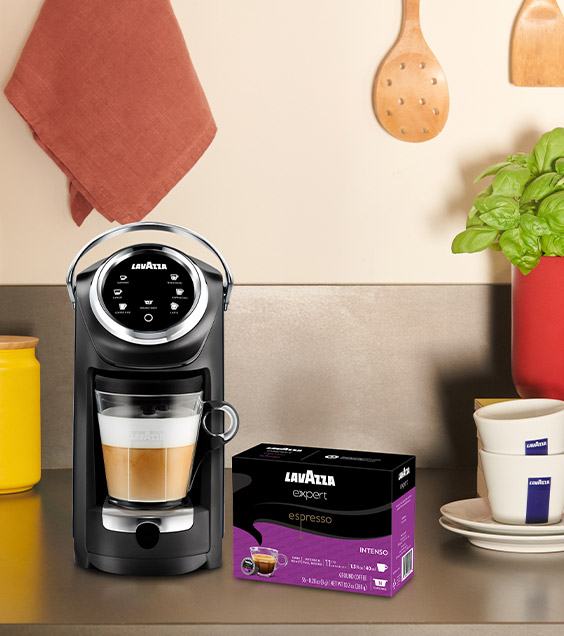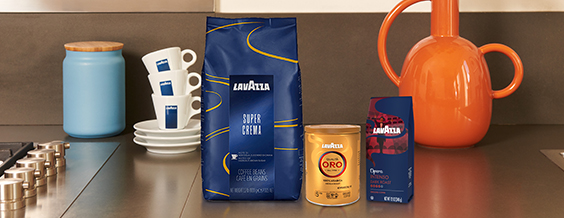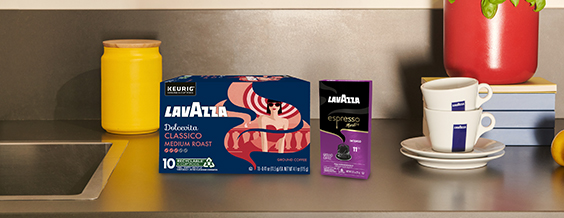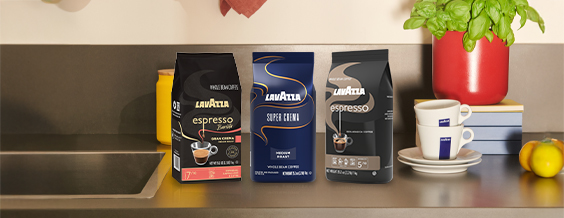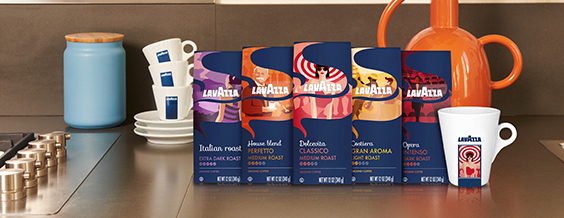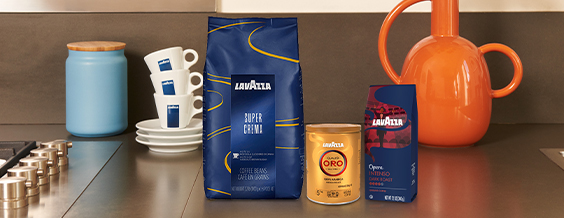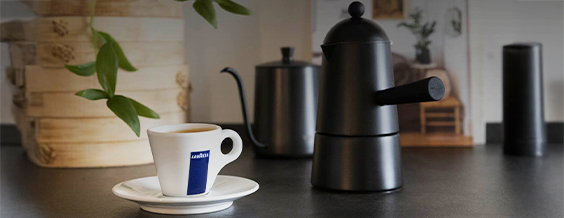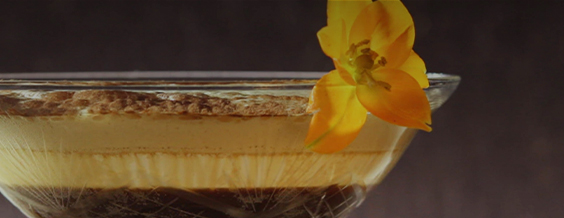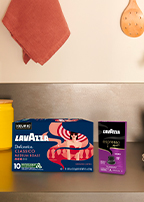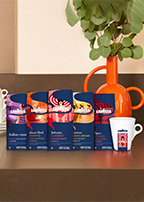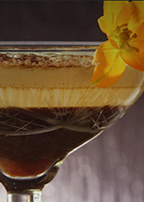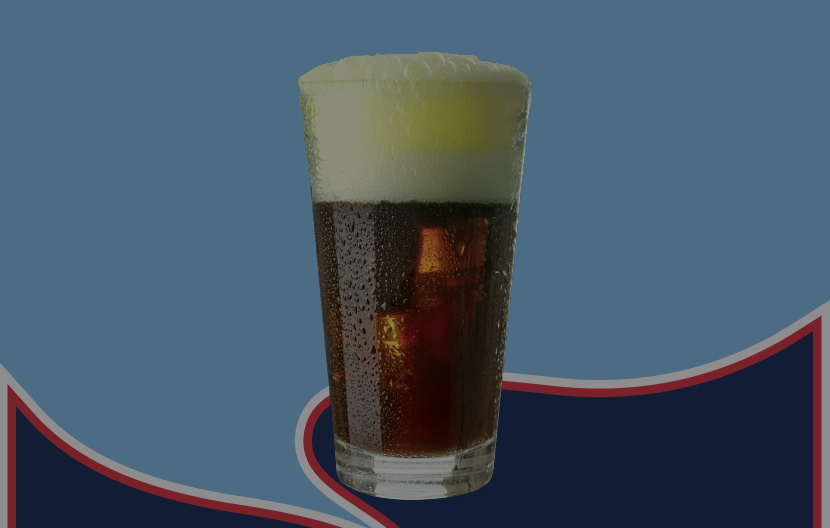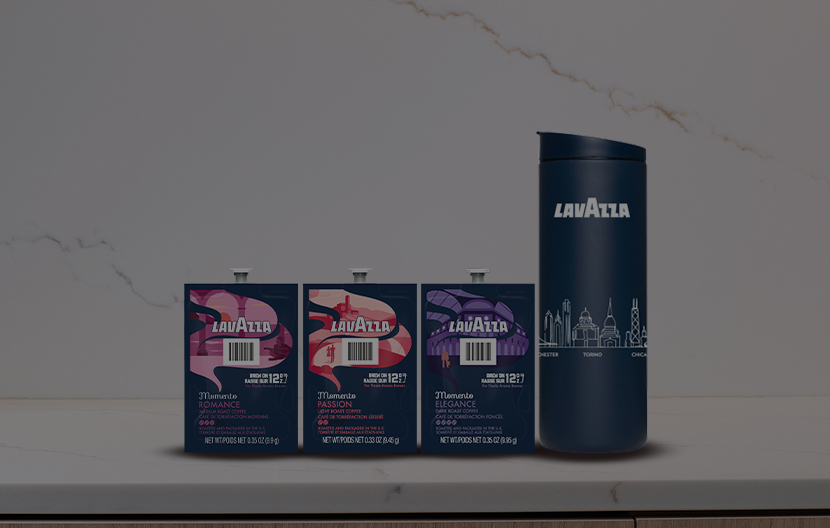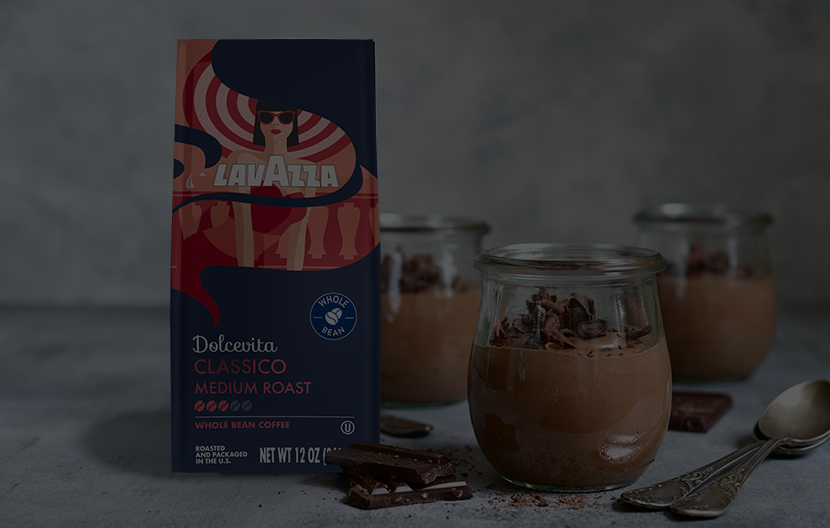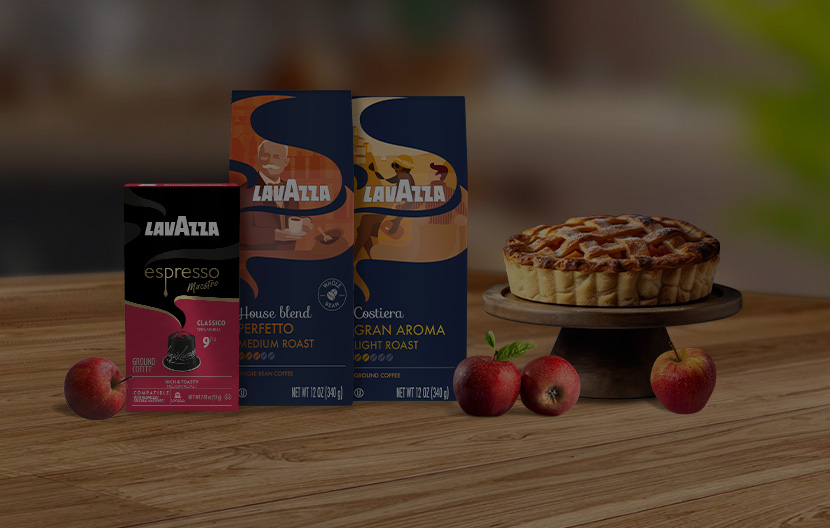*Lavazza is not affiliated with, endorsed or sponsored by Nespresso


Cappuccino, all you need to know
When it comes to coffee and the several beverages you can make with it, there is one Italian trademark that we all love. We are talking about cappuccino, as to say one of the most popular, distinctive, and world-renowned espresso-based drinks.
Experts and insiders say cappuccino is gaining more and more popularity around the world, placing itself alongside espresso. Although half the espresso shots are daily brewed in Italy, the hot frothy drink is widely consumed pretty much everywhere, thanks to the several coffee chains including it in their lists and the possibility of preparing numerous and tasty variations.
What is cappuccino and who invented it
Ideal in the morning and still tasty all day long, preferably requiring homemade ingredients; however you brew it, cappuccino combines espresso and steamed, frothy hot milk.
Who invented cappuccino? Contrary to what one might think, the origins of the drink are not to be found in Italy but in Seventeenth Century Austria. Towards the end of the century the defeated Ottoman armies fleeing Austria left behind tons of bags of coffee that would have been later donated to a Polish nobleman named Jerzy Franciszek Kulczycki, known for his significant role in the victory against the Turks. He then gave birth to Zur Blauen Flasche, the first Viennese coffee shop, where Father Marco D’Aviano, a Friulian monk belonging to the Capuchin Order, had the chance to taste coffee.
As he found its aroma and taste too strong, he asked whether it was possible to add honey and milk, inevitably lightening its dark colour and making it like the one of the Order’s garments. That is why nowadays we all refer at it as “cappuccino”, namely the translation of the German word Kapuziner.
Nevertheless, it is only during the Twentieth century and the post war period that we may deal with cappuccino as we intend it today, after the invention of the espresso machine by Italian employer Achille Gaggia, which was able to foam milk.
How is cappuccino different from espresso?
Cappuccino and coffee differ a lot in terms of preparation process. To properly prepare a delicious cappuccino, you will need an espresso machine, allowing you to pull a single or a double-shot espresso, and a microfoam you are going to use to make steamed milk. Furthermore, they taste quite different since espresso coffee is surely stronger and more intense. As it basically represents the base of a beverage that also needs foamed milk, the flavour of cappuccino is significantly lessened. Finally, as already noted, cappuccino consists of a few ingredients, among which one can obviously find black coffee.
The best coffee for cappuccino
Since coffee beans are different from quality to quality in terms of taste, as each one has a peculiar roast, origin and processing methods granting a unique taste, there is in fact a wide range of types to choose from. However, many factors and subtleties may adjust the flavour of the beverage, that is why cappuccino lovers should be careful when it comes to choosing among different varieties and blends.
For those who are up for a very sweet cappuccino, Ethiopian coffee might be the right option. In case you feel like tasting a cappuccino whose taste is intense and captivating, holding a chocolate and nuts flavour, you probably need to choose among South American varieties coming from Brazil, Guatemala, and Costa Rica.
Besides, to prepare a wonderful Italian cappuccino, we feel like suggesting a medium-dark roasted blend, combining carefully selected Arabica and Robusta beans and providing a persistent taste.
Here is all you must know about this delightful foamy sweet-tasting Italian beverage known all over the world and appreciated by millions of people everywhere!
